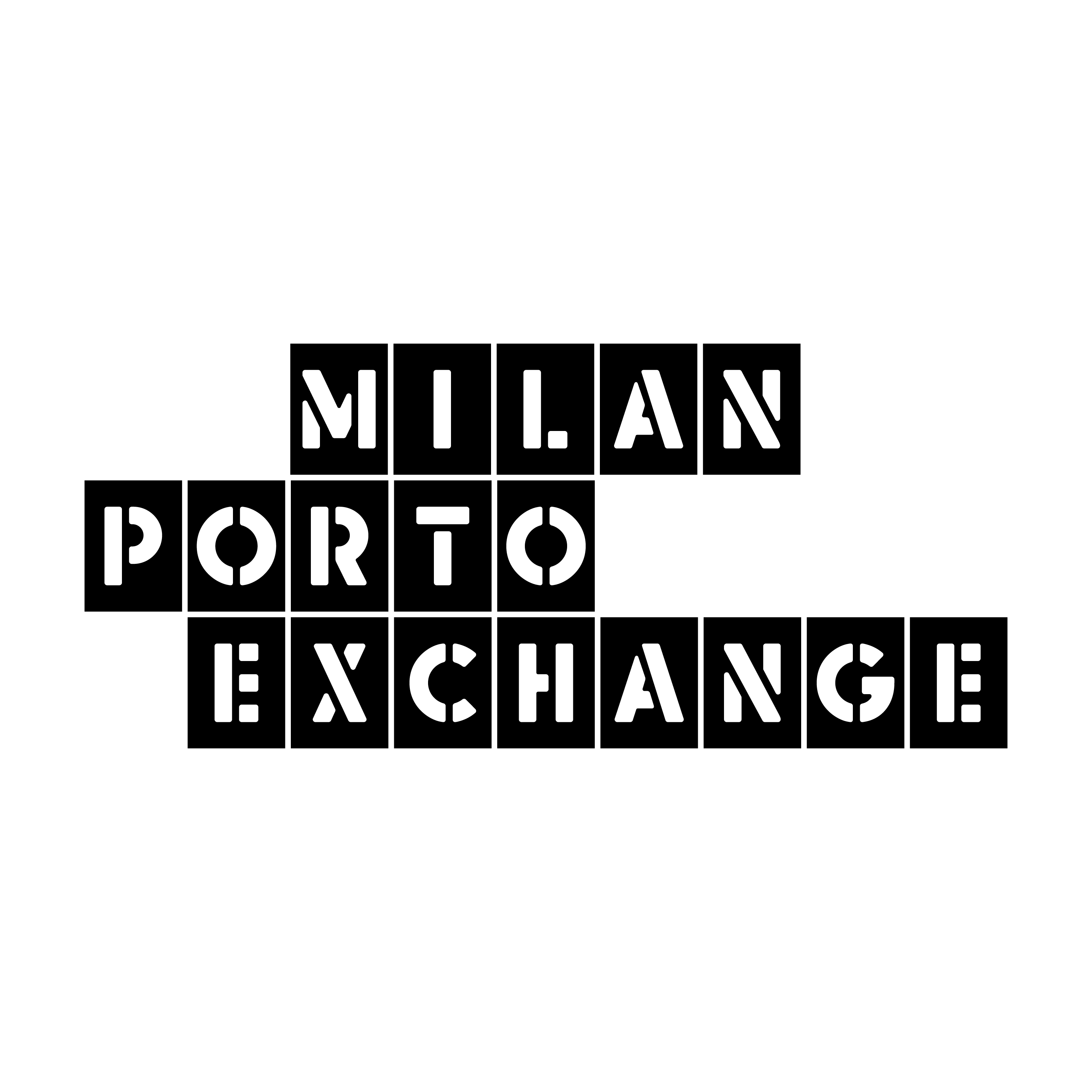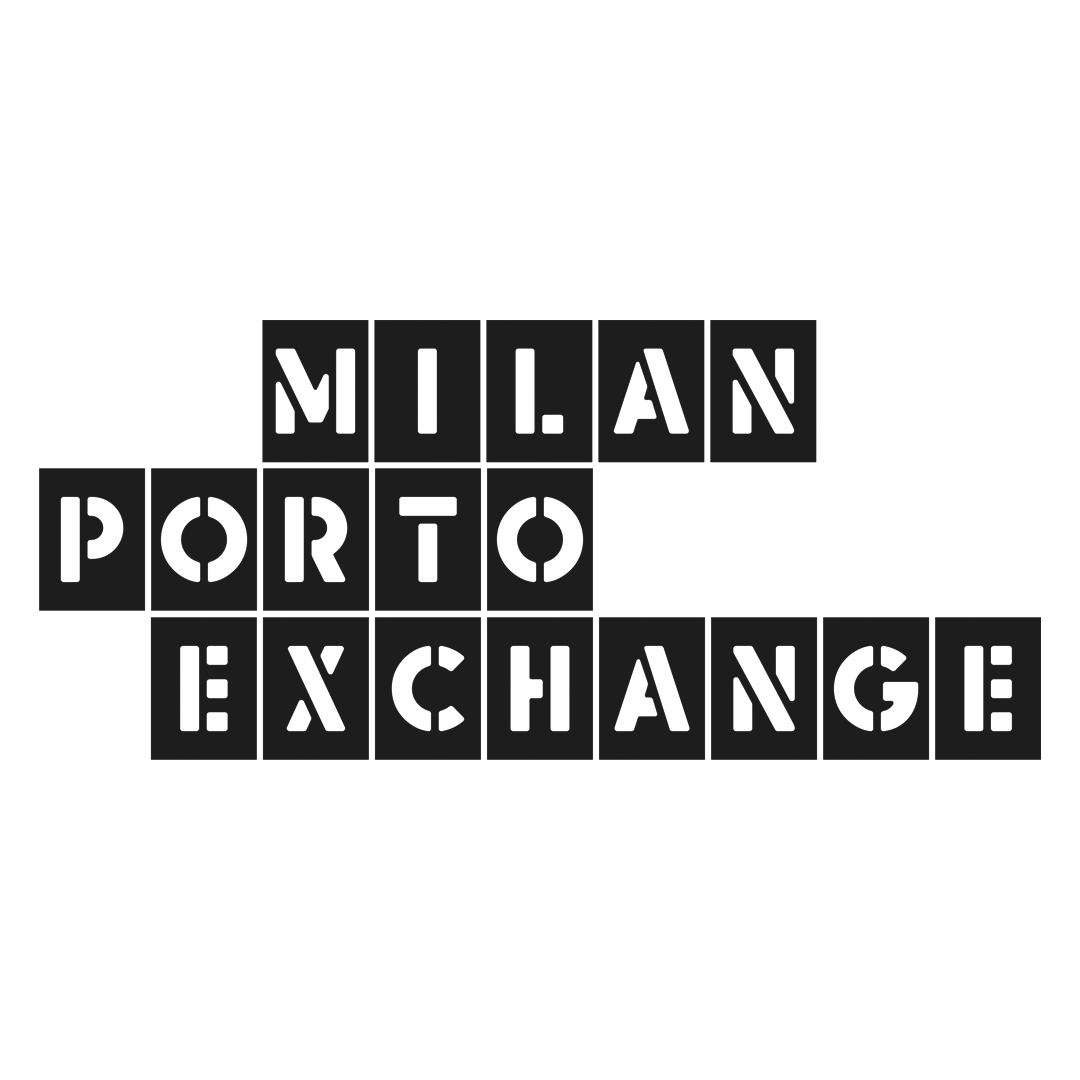EXCHANGE TALKS
Consonance of traditions and common challenges

EXCHANGE TALKS Consonance of traditions and common challenges
9 December + 16 December 2024
Polimi - Aula Castigliano - Building 5
Helder Casal Ribeiro (CEAUFAUP/Visiting Researcher Nest2024POLIMI)
Cristina Pallini (DABC_AUIC POLIMI)
Project Outline
The affinities between Portuguese and Italian architects are widely documented yet scattered. The proliferation of post-war travels and shared concerns had a long-standing impact on Portuguese architecture and eventually informed the teaching and research approach purported by the Porto School. Since the 1960s, these exchanges were further supported by the Calouste Gulbenkian Foundation travel and study grants. From the 1980s, the inverse has started to take place, with a richer interaction and contamination between the two architectural cultures. Many Italian architects have also travelled and studied in the Porto School, mainly due to the implementation of the Erasmus Programme and the growing international recognition of contemporary Portuguese architecture, particularly through the two Porto School Pritzker laureates Álvaro Siza (1992) and Eduardo Souto Moura (2011).
The present research is set on interpretive readings of the present relations between Milan and Porto schools within contemporary architectural debate recognising the communities of practice as an initial operative genealogy. The main goals are to identify recent Italian practices and examine a series of projects that display affinities of thought and common challenges with Portuguese culture, where each design stage can count to achieve a coherent built and sustainable narrative. These readings aim to empower and disseminate the recognition of architecture’s social role as a fundamental cultural asset in recognising, shaping and qualifying contemporary society´s demands.
Two key moments structure and feed the research: the Exchange Talks and a dissemination hub/exhibit at Politecnico di Milano.

Exchange Talks
The two-day Exchange Talks map the cultural affinities in the academia/PoliMi and the practice of selected architectural offices of different generations, with distinctive interactions and contaminations linked to the architectural culture of the two schools. The combination of young practices with internationally recognised offices, former Porto Erasmus students, and current PoliMi assistants organise the two days in four sessions.
On the first day, the Guest speakers range from Daniele Balzanelli, Museum del Pó refurbishment; Alessandro Isastia, co-author of Case Milanesi 1923-1973; Carlo Gandolfi [Bunker], who represented Italy in the Bigmat Award, to Prof. Daniele Vitale´s expertise accompanied by disseminators of Portuguese culture in Italian academia, Barbara Bogoni, and Carlotta Torricelli, among other guests.
Two recognised offices from Porto school will join and close, with Italian practice Studio Albori, the second session and the Exchange Talks. Nuno Brandão Costa, awarded practice and curator, namely, 2008 Secil Award; 2021 AICA_ art/architecture critics Award and curator of Portuguese delegation in 16th Venice Architecture Biennale (2018); Nuno Melo Sousa, 2021 FAD Award - jury special mention, 2023 Bigmat Award, and Giacomo Barella, who collaborated with Álvaro Siza and Umberto Riva and recently participated with Siza in the 2023 Biennale di Venezia. Gianluca Gelmini, a former PoliMi assistant with strong ties to Tavora´s heritage themes, will open the morning session. Young offices, Llumaa, Renato Righi and Exchange students linked to PoliMi/FAUP will also be engaged to help map and deepen the present-day cultural and architectonic affinities.
Each day, two thematic round tables will summarise each session and challenge the speakers and other selected guests to identify or portray consonance of traditions between the two schools, nurturing an ongoing interest in responding to possible common challenges and incrementing architecture’s social role.
These Exchange Talks also intend to enhance the need for further didactic relationships between academia and quality-driven professional practices, empowering contemporary dialogues rooted in the interpretation of modern movement premises as a trigger to inspire insights, open readings, and not dictate solutions or formulas.
The participation of the Portuguese architects is supported by Panoramah!

